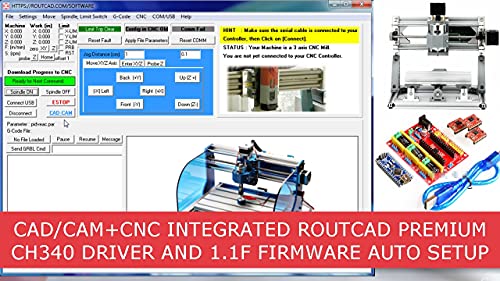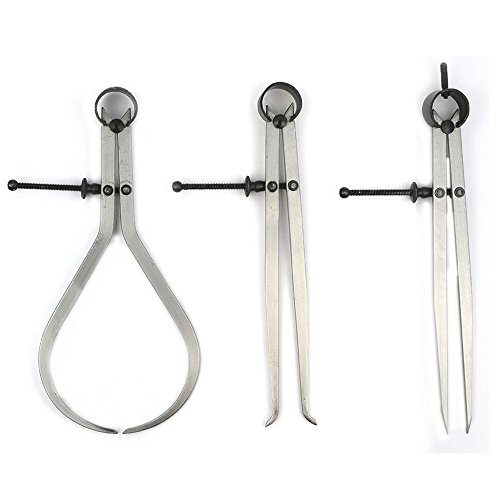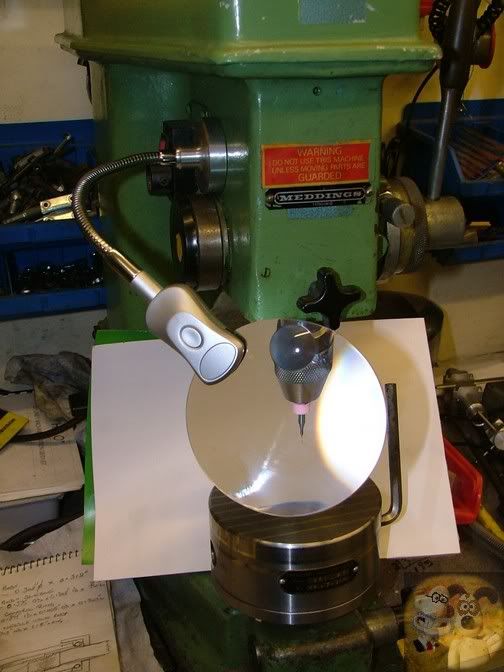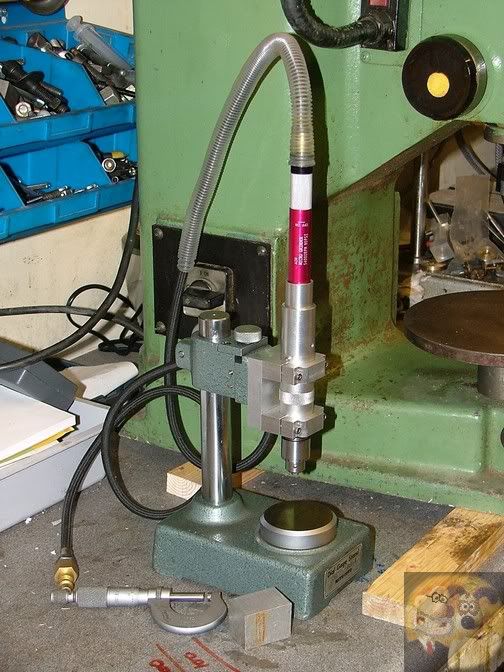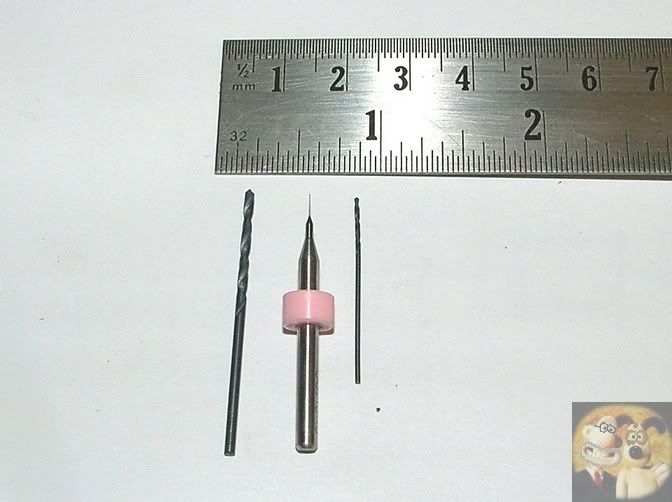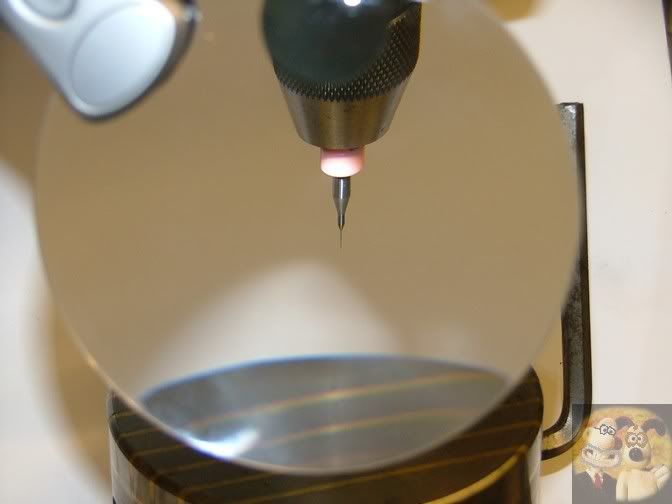I need to drill a lot of small holes (0,3mm/0,4mm) in some brass castings. The brass in the castings seem to be quite hard, and I am breaking drill bits at an alarming rate.
Does anoyone have advice? On such small drill bits it seems impossible (at least to me) to make adjustments to the drills in any way.
I am using an drill press with max 9500 RPM. Could I expect better results with a higher speed?
How about cutting fluids?
Any input is much appreciated!
Best regards,
Hauk
Does anoyone have advice? On such small drill bits it seems impossible (at least to me) to make adjustments to the drills in any way.
I am using an drill press with max 9500 RPM. Could I expect better results with a higher speed?
How about cutting fluids?
Any input is much appreciated!
Best regards,
Hauk




























